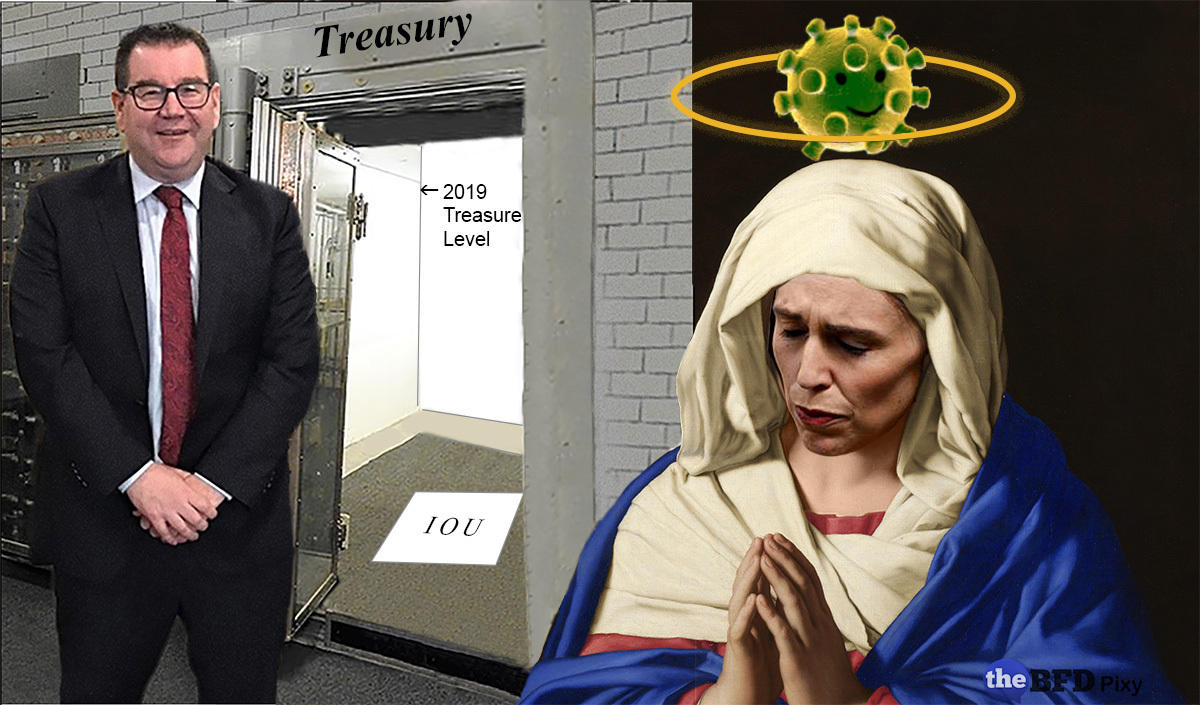
Grant Robertson’s $7 billion top-up of the misused Covid Response and Recovery Fund gives him carte-blanche to splash more borrowed money between Budgets, says National’s Finance spokesperson Michael Woodhouse.
“The Finance Minister has referenced the positive economic performance figures for the June quarter, before the Delta outbreak, to justify another year of massive between-Budget spending.
“We know that the so-called Covid Response and Recovery Fund is being used for much more than the Covid response and is a slush fund for spending on things that have nothing to do with Covid.
“The additional $7 billion the Minister is putting into the fund rivals what would normally be two Budgets’ worth of new operating spending. That’s the order of spending that we are talking about. This is not small fry.
“By spending more and more under the authority of Imprest Supply and leaving it to be picked up in the Supplementary Estimates next year, Robertson is bypassing the normal Budget Estimates of Appropriations process that governs government spending.
“The wage subsidy and resurgence support schemes are vital, but $12 billion of the Covid fund has been frittered away on projects with little or no connection to our recovery from Covid, such as the $710 million spent on the Three Waters policy, which itself is looking increasingly dead in the water.
“The Minister cites the greater fiscal headroom available to the Government due to lower deficits and lower debt than forecast, as well as positive GDP growth.
“But, rather than doing what a responsible government would do and bank those gains as a buffer against further shocks, the Government would rather leave more debt for younger generations to repay than is necessary.
“The Government views the recovery fund as a refillable pot of money to keep on spending, oblivious to the fact this is borrowed money that generations of taxpayers will have to repay.
“The Covid fund is needed for the Covid response, and we could have a long way to go yet; freely spending from it shouldn’t be dictated by short-term, backward-looking economic indicators.”
Please share this BFD article so others can discover The BFD.

